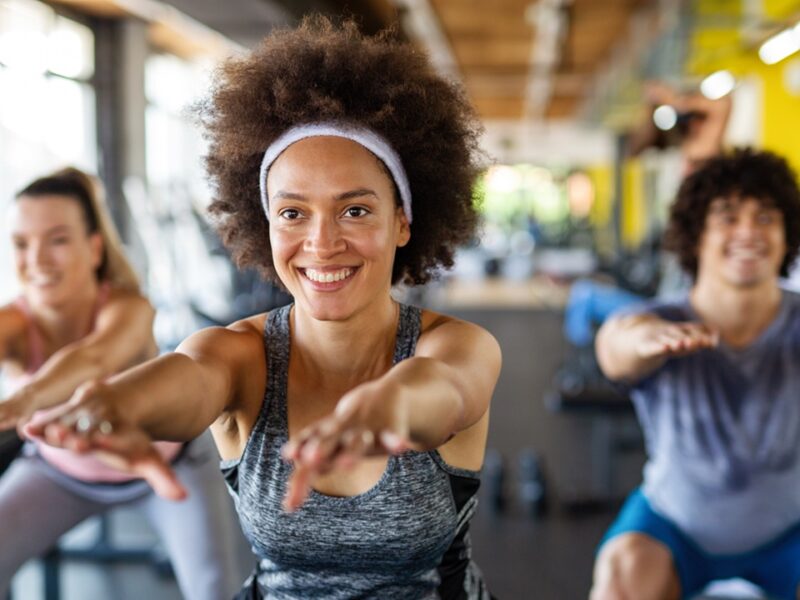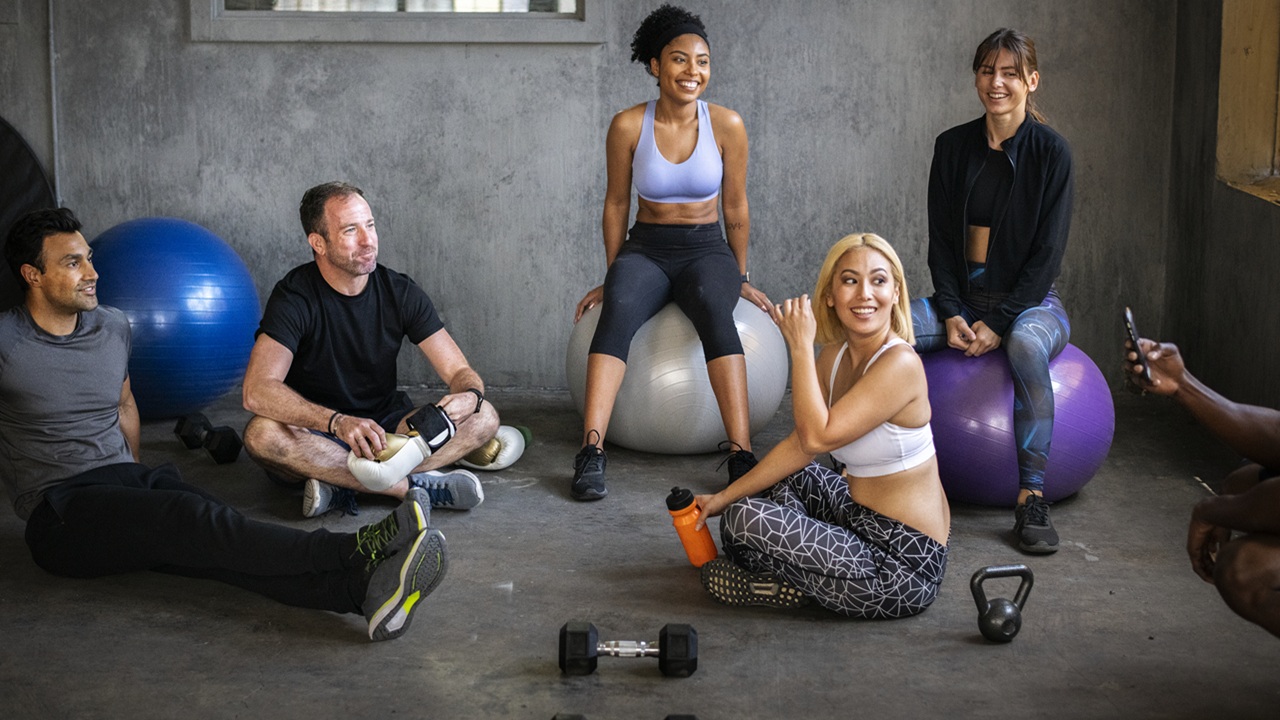The one who goes through addiction recovery has to deal with a lot of emotional, physical, and mental challenges. While traditional approaches like counseling and medication remain essential, many people find that adding regular exercise to their recovery plan makes a huge difference. Physical activity doesn’t just improve physical health, it also builds the emotional and mental strength needed to maintain sobriety over the long haul.
In this article, let’s look at how exercise can support addiction recovery and explore some practical ways to get started.
The Connection Between Exercise and Recovery
Exercise is not only for reducing fat, building muscle, or staying fit. For someone working through addiction, physical activity works on the same brain pathways that substances once controlled.
When you exercise, your body naturally releases endorphins, chemicals that boost your mood and reduce pain. These natural feel-good compounds help fill the emotional gap that addictive substances used to occupy.
Physical activity also creates a positive cycle, as your physical health improves, your emotional resilience grows stronger, making it easier to stay committed to recovery.
Key Benefits of Exercise During Recovery
Here are the 6 ways that exercise can support addiction recovery:
Easing Withdrawal and Managing Cravings
Early recovery often brings difficult withdrawal symptoms like irritability, anxiety, and depression. Exercise can help ease these challenges:
- The endorphins released during physical activity improve mood and reduce discomfort
- Exercise acts as a healthy alternative that can distract you from addiction and can significantly reduce the intensity and frequency of cravings
Even something as simple as a short walk or gentle stretching can bring noticeable relief during tough withdrawal periods. Several programs offering addiction recovery support now include guided exercise to help individuals manage early withdrawal symptoms more effectively.
Supporting Mental Health
Mental health struggles frequently accompany addiction. Feelings of depression, anxiety, guilt, and shame can all increase relapse risk. Regular exercise helps break this pattern:
- Engaging in activities like jogging, swimming, or dancing has been shown to greatly help in easing symptoms of depression and anxiety. These forms of exercise get your body moving, lift your mood, and support better mental health over time.
- Even reaching small fitness milestones like running a little farther or completing a new workout can boost your self-confidence and create a real sense of personal pride, helping you stay motivated and positive.
Remember that progress matters more than perfection. Small victories like finishing a 10-minute workout deserve celebration.
Boosting Brain Function
Long-term substance use often dulls cognitive functions, making it harder to focus, plan, and make healthy decisions. Exercise helps reverse these effects by:
- Cardio activities boost blood flow to the brain, and they improve memory and concentration
- Strengthening the brain’s ability to manage stress and regulate emotions
Activities that challenge both mind and body, like yoga or martial arts, can help sharpen cognitive skills.
Rebuilding Physical Health
Substance abuse typically takes a toll on the body by weakening the immune system, damaging organs, and disrupting sleep patterns. Exercise helps in rebuilding physical strength:
- Getting involved in activities like walking, running, or cycling can do wonders for your heart health and improve your overall blood circulation.
- Resistance training helps restore muscle mass and bone density that may have been lost during active addiction
- You will get a good sleep pattern, which is important for emotional and physical recovery, by doing regular physical activities.
Starting with gentle exercises and gradually building intensity helps avoid injury while building stamina.
Preventing Relapse
Relapse often gets triggered by boredom, stress, or emotional overwhelm. Exercise improves the control over these triggers:
- Physical activity reduces levels of cortisol (the stress hormone) and promotes feelings of calmness
- A regular exercise routine provides daily structure, reducing idle time that might otherwise fuel cravings
Helping Brain Recovery
Addiction disrupts the brain’s chemical balance, particularly affecting dopamine, the neurotransmitter that controls reward and motivation. Exercise helps correct this imbalance by:
- Naturally increasing levels of dopamine, serotonin, and norepinephrine
- Promoting the growth of new neural pathways, which helps rebuild the brain’s resilience and decision-making capabilities
Practical Ways to Add Exercise to Recovery
Starting an exercise routine during recovery doesn’t need to feel overwhelming. Here are some easy tips for making physical activity part of your life:
Start Simple and Stay Consistent
There’s no need to tackle intense workouts right away. Start with simple, low-impact activities like:
- Walking around your neighborhood
- Gentle yoga sessions
- Swimming at a community pool
- Basic bodyweight exercises at home
Consistency matters more than intensity. Focus on small daily wins rather than occasional intense workouts.
Choose Activities You Enjoy
Exercise should feel rewarding, not like punishment. Explore some activities and choose the ones that you like:
- Team sports like basketball or soccer
- Dance classes
- Hiking or nature walks
- Bike rides
When you enjoy what you’re doing, motivation comes much more naturally.
Set Achievable Goals
Avoid setting fitness goals that feel impossible. Instead, focus on milestones you can reach:
- “I’ll walk outdoors for 10 minutes daily.”
- “I’ll try one new fitness class this month.”
Tracking your progress, even with small victories, builds momentum and confidence.
Make Exercise Part of Your Daily Routine
Think of exercise as an essential part of your day, just like meals or brushing your teeth:
- Block out workout times in your calendar
- Get workout clothes ready ahead of time
- Find an exercise buddy to keep you accountable
Creating a predictable routine cuts down on excuses and decision fatigue.
Connect with Others Through Fitness
Recovery sometimes feels isolating. You can connect with others who provide you company and support using fitness activities:
- Join neighborhood running groups or gym classes
- Search for specific fitness programs that are designed for people in addiction recovery
- Participate in charity walks or recreational sports leagues
Final Thoughts
Exercise represents much more than physical training, it’s a powerful tool for emotional, mental, and spiritual healing during addiction recovery. By lifting mood, rebuilding physical health, enhancing brain function, and providing essential structure, physical activity helps people reclaim their lives from addiction.
Every bit of exercise, whether it’s walking around the block or joining a group fitness class, represents a meaningful step toward success and lasting freedom from addiction.
Author Bio:

Want to unlock greater wellness?
Listen to our friends over at the Wellness + Wisdom Podcast to unlock your best self with Dr. John Lieurance; Founder of MitoZen; creators of the ZEN Spray and Lumetol Blue™ Bars with Methylene Blue.









 Top Recovery Methods for Sore Muscles and Improved Performance
Top Recovery Methods for Sore Muscles and Improved Performance